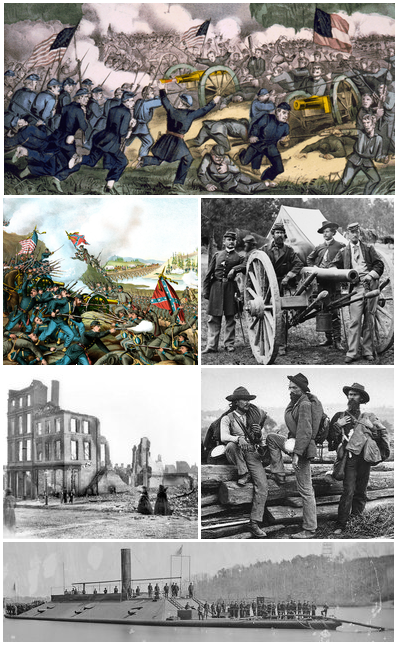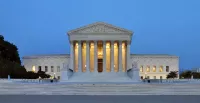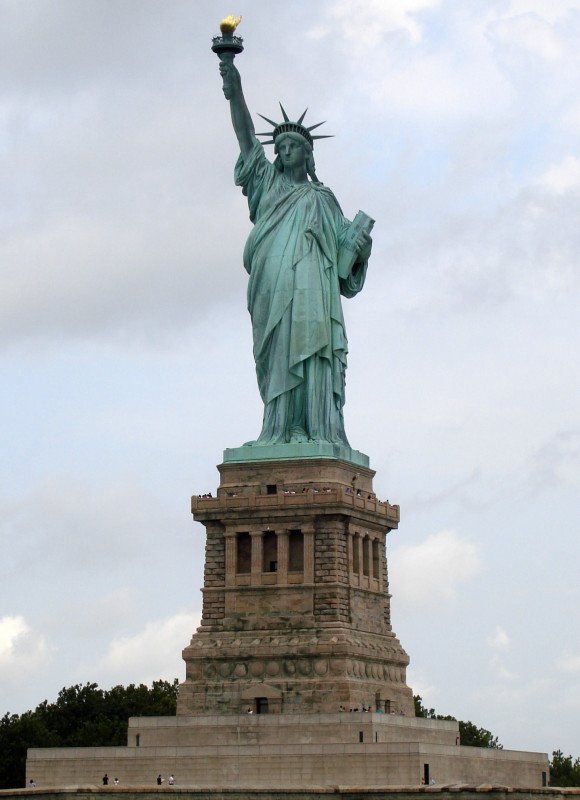Liberty refers to the state of being free from oppressive restrictions imposed by authority, encompassing one's way of life, behavior, and political views. Its meaning is context-dependent. In U.S. Constitutional law, ordered liberty balances individual freedom with a fair legal system, ensuring access to opportunities and resources while minimizing unnecessary interference.
1920: Voting Rights Extended to Women
In 1920, voting rights were extended to women in the US after the American Civil War, following the 1866 amendment to the US Constitution that extended rights to persons of color.
1958: Two Concepts of Liberty
In 1958, Isaiah Berlin presented his lecture "Two Concepts of Liberty," distinguishing between positive and negative liberty. Negative liberty protects individuals from tyranny, while positive liberty is the freedom from inner compulsions.
1965: Griswold v. Connecticut Decision
In 1965, the United States Supreme Court case Griswold v. Connecticut, Justice William O. Douglas argued that liberties relating to personal relationships, such as marriage, have a unique primacy of place in the hierarchy of freedoms.
2024: Global Conception of Liberty Study
According to a 2024 study, the conception of liberty emerged during the late Middle Ages (circa 1000–1600) through interconnected terms across Afro-Eurasia, resulting from translingual practices. The study concludes that liberty is a result of interactions among different parts of the world.
Mentioned in this timeline
The United States of America is a federal republic located...
Connecticut is a state in the New England region of...

The American Civil War - was fought between the Union...

War is defined as an armed conflict involving the armed...

Justice in its broadest sense is the concept of treating...

A supreme court or court of last resort is the...
Trending

33 minutes ago Kyshawn George's Injury Update: Cleared to Play After Toe Issue
4 months ago Trump defends Tucker Carlson's Nick Fuentes interview amid antisemitism concerns.
33 minutes ago Fire at US embassy in Riyadh after drone strike amid Iran-US tensions.
34 minutes ago Julian Reese's Two-Way Contract: Angel Reese's Inspiring Message and Wizards' New Addition

2 hours ago Peyton Stearns, Texas Longhorn, triumphs at ATX Open, securing second WTA title.

3 hours ago Tom Steyer's California plan faces criticism while he spends millions on governor's race.
Popular

Jesse Jackson is an American civil rights activist politician and...

Hillary Diane Rodham Clinton is a prominent American politician lawyer...

Jim Carrey is a Canadian-American actor and comedian celebrated for...

XXXTentacion born Jahseh Dwayne Ricardo Onfroy was a controversial yet...

Kashyap Pramod Patel is an American lawyer who became the...

Barack Obama the th U S President - was the...
